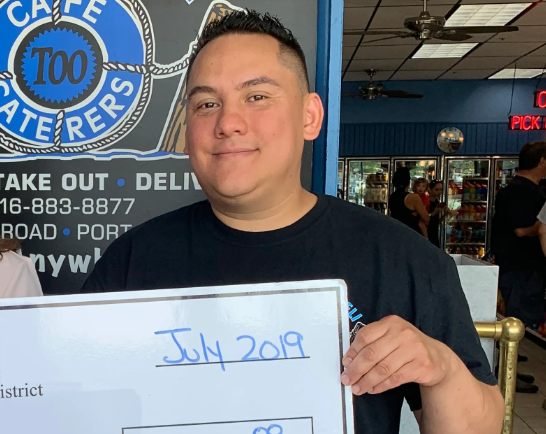By Dr. Elaine Kanas,
East Williston School District
The school district held its first Budget Workshop on Feb. 24. Jacqueline Pirro, the assistant superintendent for Business, and I presented the Board of Education and the public with an overview of the recommended budget for the next school year and the Administrative and Capital Budget components.
Highlights of the recommended budget:
• Proposed Tax Levy and Recommended Budget are lower than what the district is allowed per the tax cap calculation.
• The budget has an increase of 1.83 percent over last year’s budget. (The allowable budget increase is 2.34 percent.) The tax levy has an increase of 0.35 percent over last year’s tax levy. (The allowable tax levy increase is 0.89 percent.)
• The budget is $288,015 below the allowable budget under the tax cap.
• Maintains our successful educational programs. It continues small class sizes and keeps full range of all co-curricular and academic, arts and physical education offerings.
• Adds new programs and support for our students for added success and growth. These programs and support include an enhanced learning lab at Wheatley, academic intervention support in math for grades K-2, a new research AP course (AP Capstone), Year 3 of Project Lead the Way Engineering Program, enhanced literacy block in grade 7, continued development and implementation of Next Generation Science units K-6, new tech books in grades 5, 6, 8 and 9, a new Mandarin Club in Grade 5 and a new middle school sports club. The further expansion of the Chromebook one to one initiative to grade 10 and additional Chromebook classroom carts at North Side and Willets Road meet the demands of students’ and teachers’ ongoing use of technology to powerfully expand learning.
• Continues the capacity building that supports our staff in delivering top-notch instruction. LitLife staff development is moving to grades K and 1 next year to complete an articulated transition, K-6, to reading/writing workshop format in ELA that places emphasis on building enthusiastic and authentic student readers and writers. The budget includes ongoing onsite staff development and coaching in guided reading, writing and technology integration and expands K-12 administrative curriculum articulation and personnel support.
• Provides ongoing maintenance of site facilities. Supports Phase II Security Upgrades and ongoing replacement of aging and inefficient transportation and grounds maintenance equipment.
To see the full power point presentations go to www.ewsdonline.org. We will continue to post updated budget information on the website on a regular basis. An ongoing theme of all the budget presentations is how the programs build on each other from year to year to support an articulated vision of success.
Join us at our upcoming budget workshops. There is the opportunity for your comments and questions. If you are not able to attend but have any questions or comments to share, contact me at kanase@ewsdonline.org or by phone at 333-3758 or Jacqueline Pirro at pirroj@ewsdonline.org or by phone at 516-333-1707.
Strategic Plan Update/Potential Additional Focus
During the workshop, there was some discussion regarding the expansion of our present five-year Strategic Plan to include athletics, based on expressed community interest. The collaborative efforts of our community is resulting in the successful and timely paced implementation of our strategic goals. As such, there is an opportunity to take on an additional initiative now, before our next five-year plan.
Capital Reserve Propositions
Dovetailing with a possible addition of athletics to the current strategic plan, during the Budget Overview presentation, Pirro shared, for possible consideration, the establishment of a 2016 Capital Reserve Fund for designated athletic capital projects that would come at no additional cost to the taxpayer. Like capital reserve propositions approved in previous years for other capital projects, such as ventilation systems, window and roof replacements, parking lot upgrades and health and safety projects, a Capital Reserve for capital athletic projects, established by voter approval, would be funded by any additional monies not expended in the budget, due to savings. Capital work funded by capital reserves does not require additional taxpayer funds and saves the cost of bonding and interest payments.































